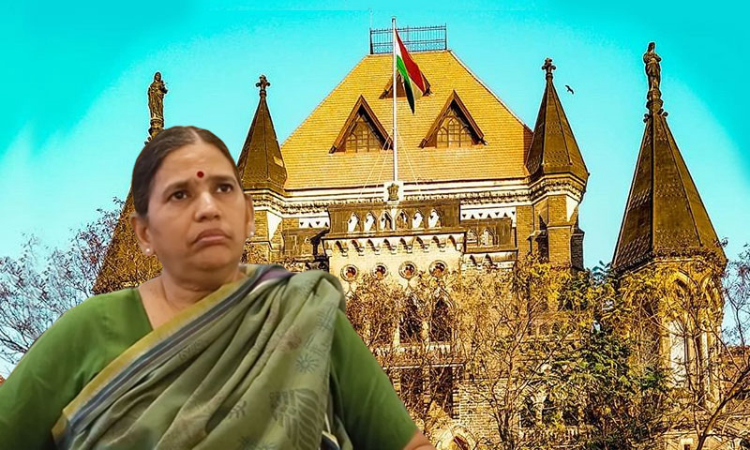Cognizance Of Bhima Koregaon Chargesheet Vitiated As Pune Judge Wasn't Special Judge Under NIA Act? Bombay High Court To Examine
Sharmeen Hakim
8 July 2021 8:47 PM IST

The Court records showed that the Pune Judge who took cognizance was not Special Judge under NIA Act
Next Story


